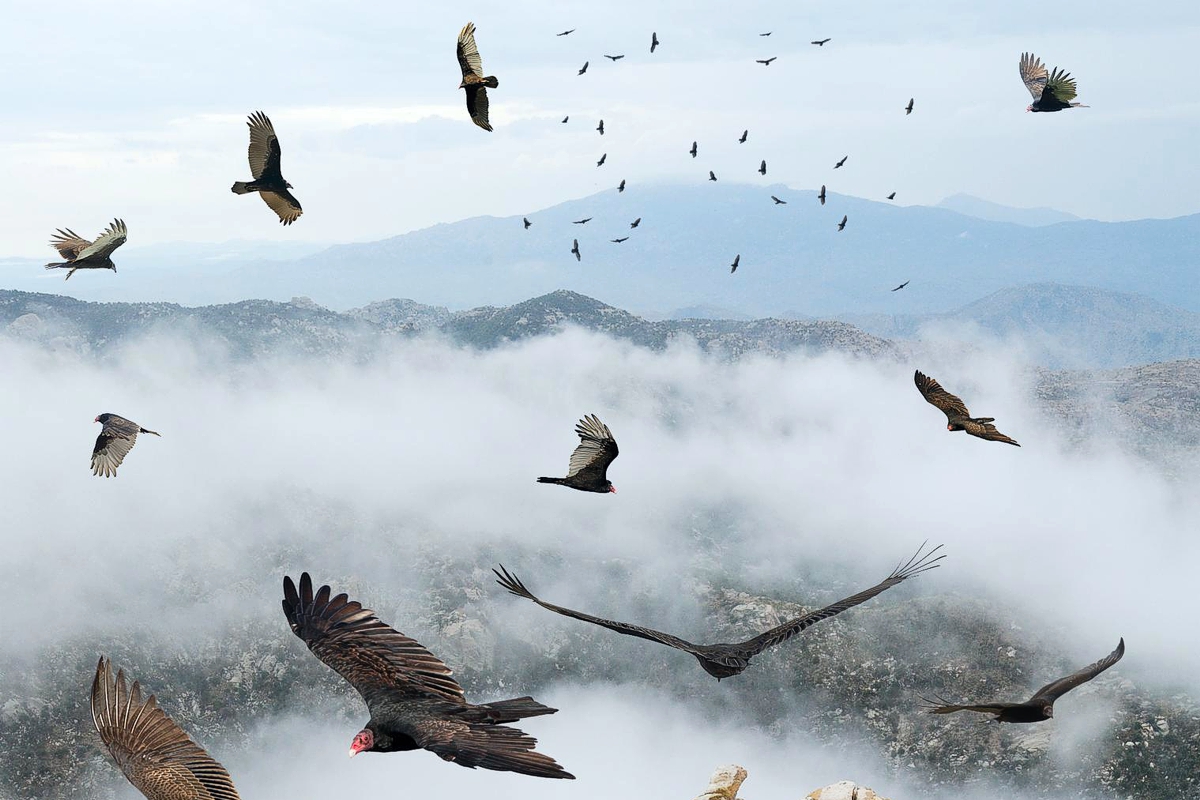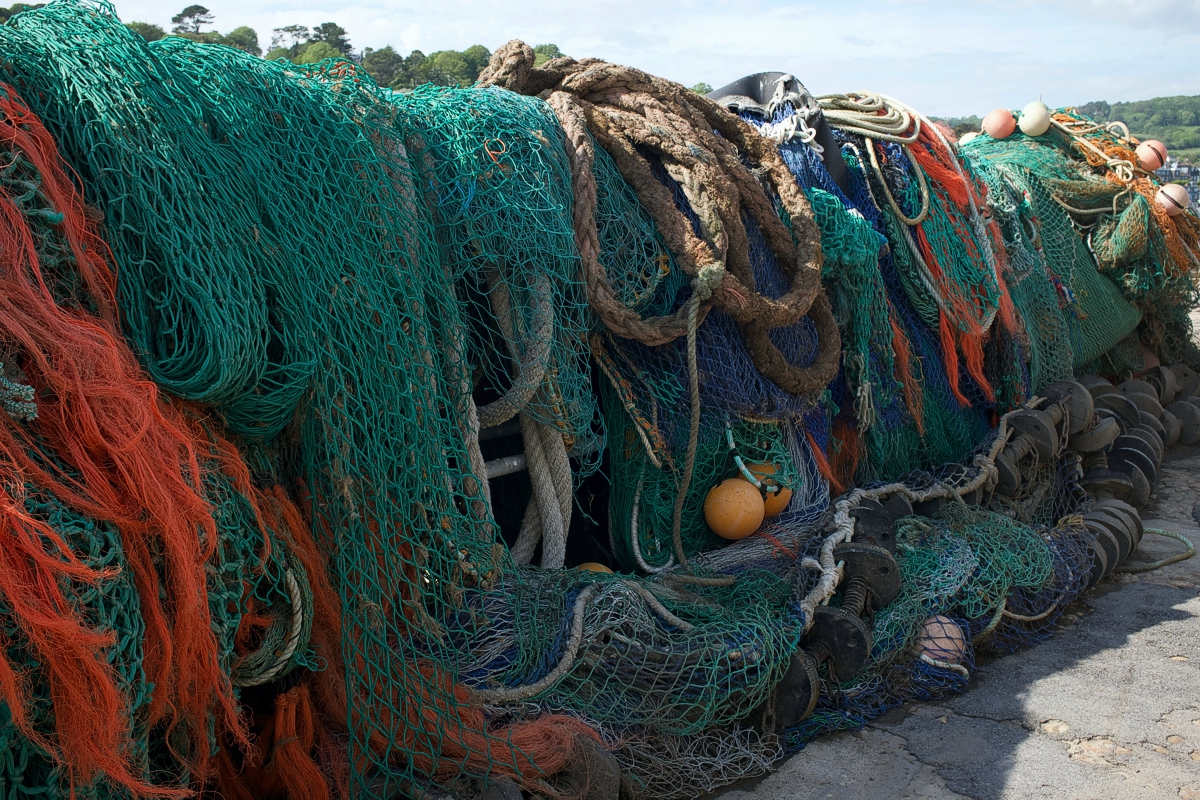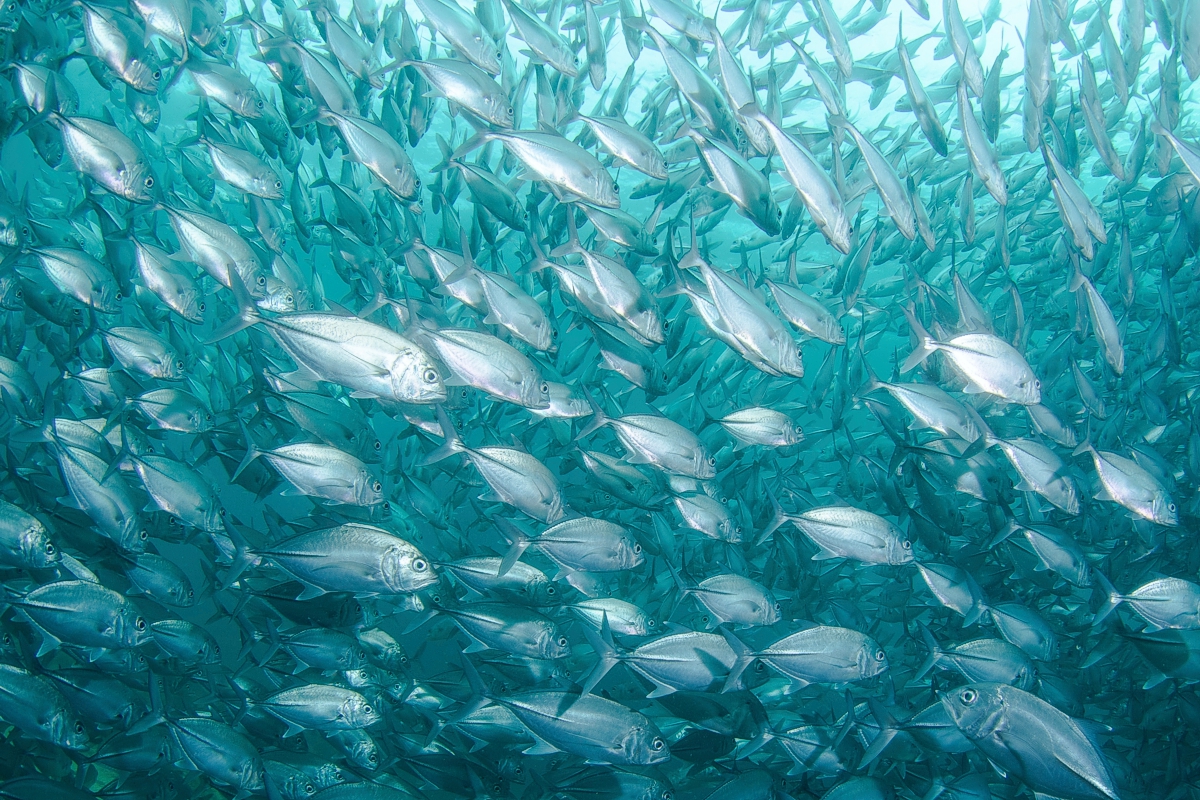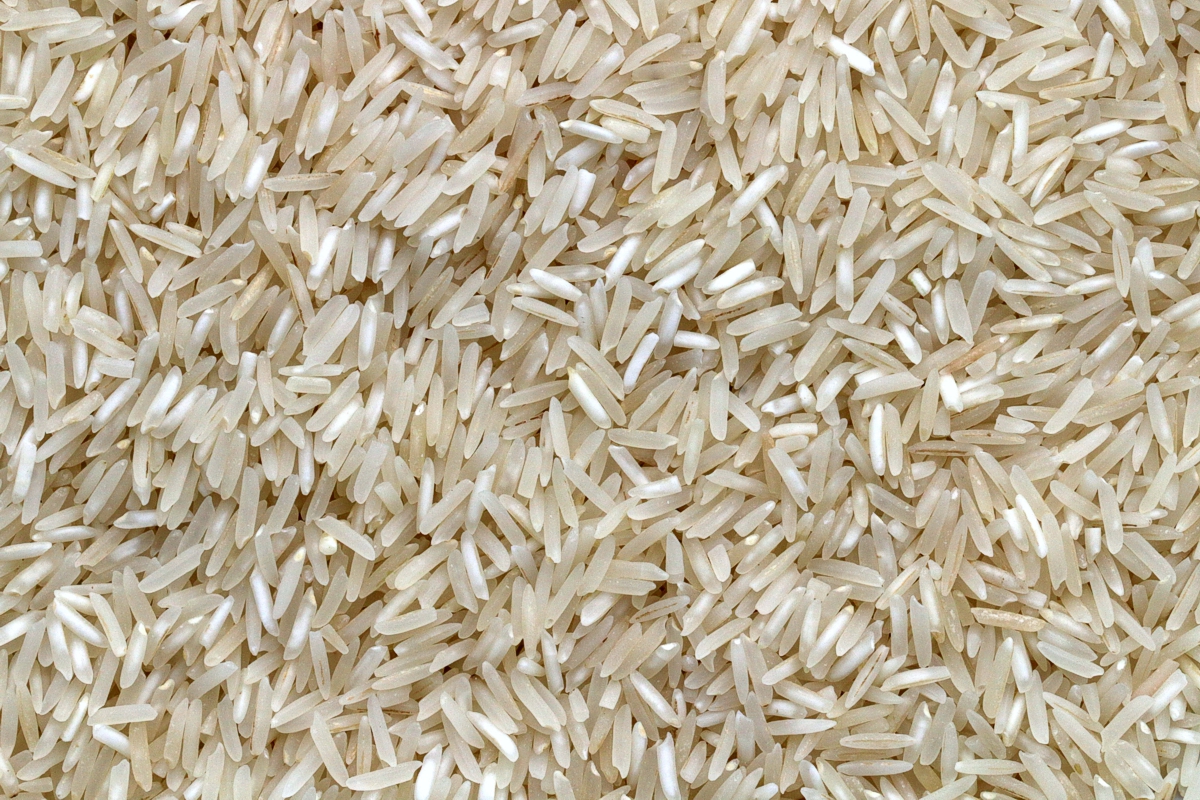Two new radical ideas for cutting domestic subsidies breathe life into the talks. But will they lead to anything?
See also
“Technical note: Agricultural domestic support categories in the WTO”
By Peter Ungphakorn
POSTED JUNE 24, 2023 | UPDATED JUNE 28, 2023
A year ago, persistent deadlock in the World Trade Organization’s agriculture negotiations provided the WTO’s 2022 Ministerial Conference with its biggest failure.
Since then, it’s taken the whole year for the talks to be dragged back into action, much of the hiatus spent haggling, not over substance, but over who should be the new chair — and not for the first time.
Finally, new papers discussed in meetings on June 21–22, 2023 brought negotiators back to the table to discuss seriously some of the deadlocked issues. They include two radically new approaches for limiting farm support that distorts prices and production. (See also the WTO website’s news story.)
One idea would be to set new support limits based on the value of agricultural production. The other would use complicated calculations to slash global farm support by 50%.
Whether either of them produces agreement, where almost a quarter of a century of effort has failed, remains to be seen.
Reactions in the sessions are said to have been mixed, with some enthusiasm, some lukewarm responses and some outright opposition.
“While some WTO members are pushing for resolutions or advancements on issues like domestic support and public stockholding,” Inside US Trade reported (paywalled), “others, like the US, are arguing that the membership should be more pragmatic and focus on achievable outcomes — for instance, reining in export restrictions in agriculture — according to a Geneva-based trade official familiar with agriculture negotiation sessions held this week.”
Continue reading “New proposals stir WTO agriculture negotiations out of deep sleep”









